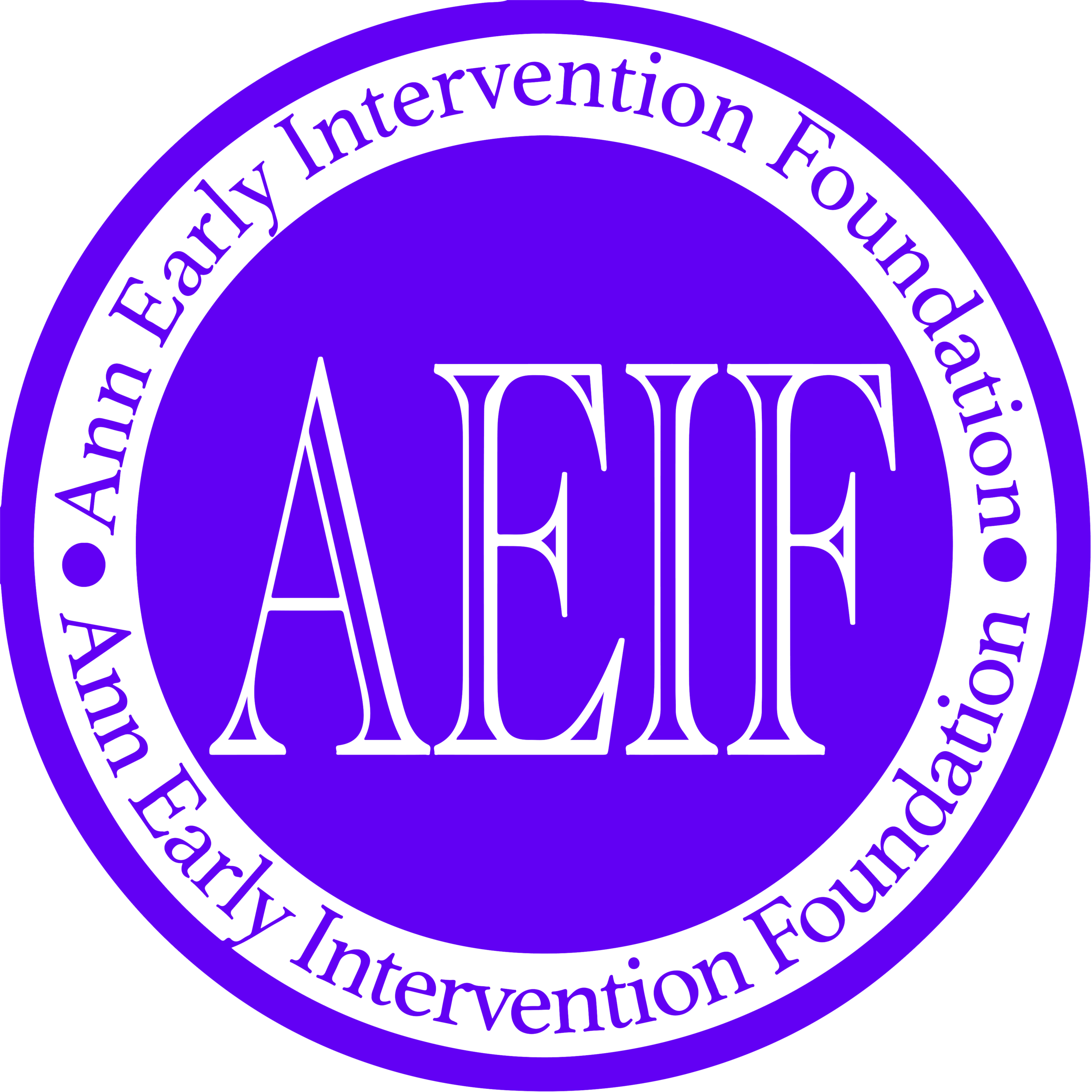Ann Early Educational Forum
MISSION STATEMENT
The Ann Early Intervention Foundation funds research for Alzheimer’s Disease and Dementia. We are committed to early detection of memory impairment and provide educational updates via our newsletter.
Scheduled repeated baseline testing and continuous data collection must be included in any and all scientific investigations, disease management and treatment protocols. This data is to be collected into a big database so that artificial intelligence can be implemented for identifying symptoms, management, treatment protocols, and uncovering pathogenic etiological processes. Herd immunity must be part of the equation for success, therefore this data will be interpreted and substantiated by an impartial panel of professionals and continually verified by nurse case managers (as is the case for our national trauma database). Variants must be considered in a scientific approach with regard to severity of illness and not strictly case presentation.
Our Alzheimer’s research substantiates the following initial provisions as guidelines:
The investigation guidelines for research and treatment management include:
Baseline and periodic, scheduled MCI testing
Depression analysis (to be concurrent with MCI testing)
Smell identification testing
Beta-Amyloid/Tau biomarker testing
Initial PET-CT testing with various agents and as required by investigators
Central auditory processing testing
Serial MRIs on an as needed basis
Genetic testing
An editorial portal will be question, verify and refine any and all guidelines and/or research conclusions. Our editorial section will be an active part of our ongoing program.
AEIF Newsletter index
1: U.S. Demographics (Updated 01/10/2022)
2: Global Demographics (Updated 01/10/2022)
3: Early Detection of Dementia and Depression (Updated 08/18/2022)
4: Pathogenesis of Alzheimer’s Disease (Meningoencephalitis)
5: Progressive Brain Atrophy in Alzheimer’s Disease
6: How to Establish a Diagnosis of Alzheimer’s Disease
7: Present and Future Protocols for Treatment and Intervention
8: Medications Presently Approved for Alzheimer’s Disease
9: Non-Medication Strategies for Alzheimer’s Disease Treatment
